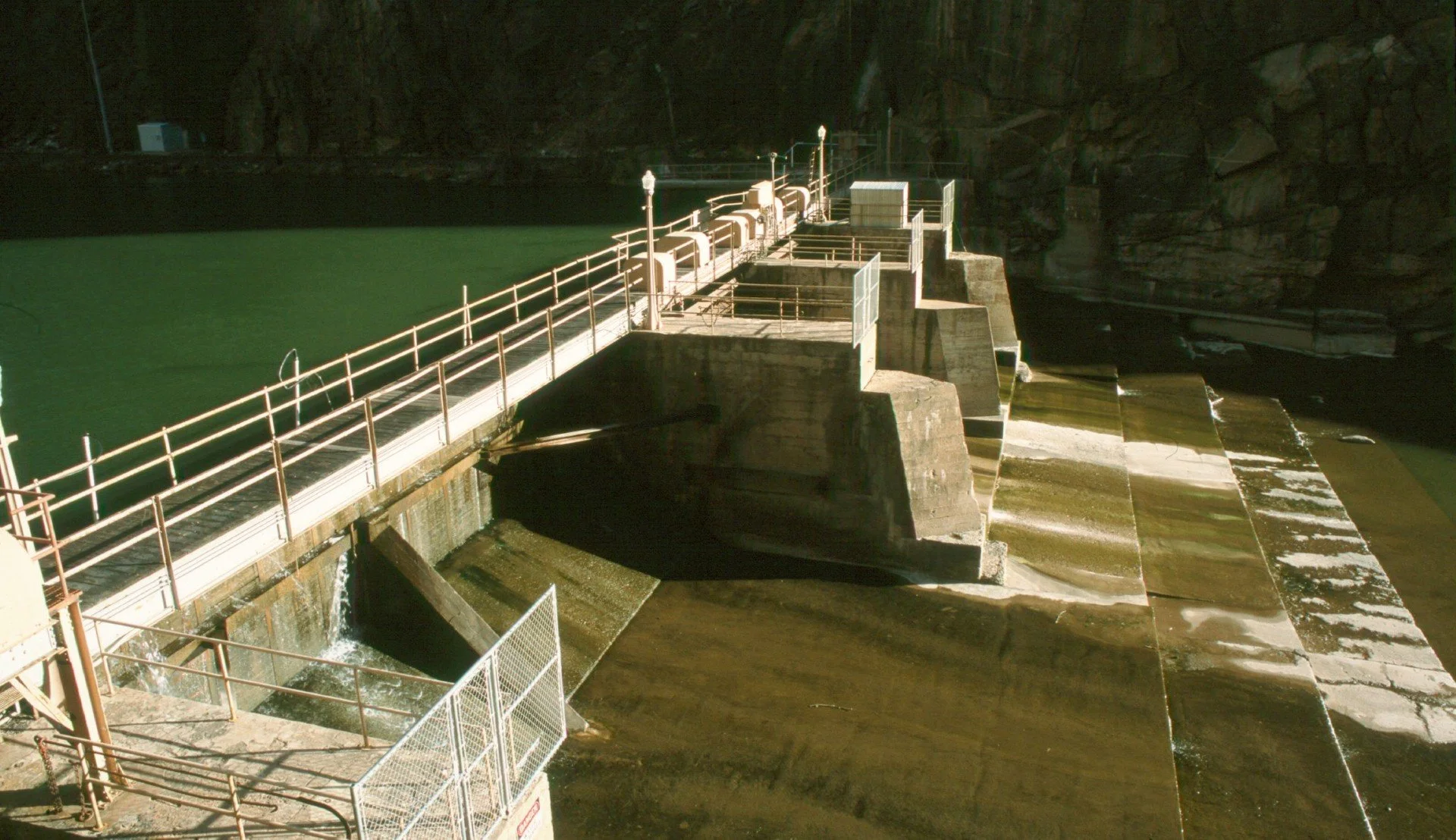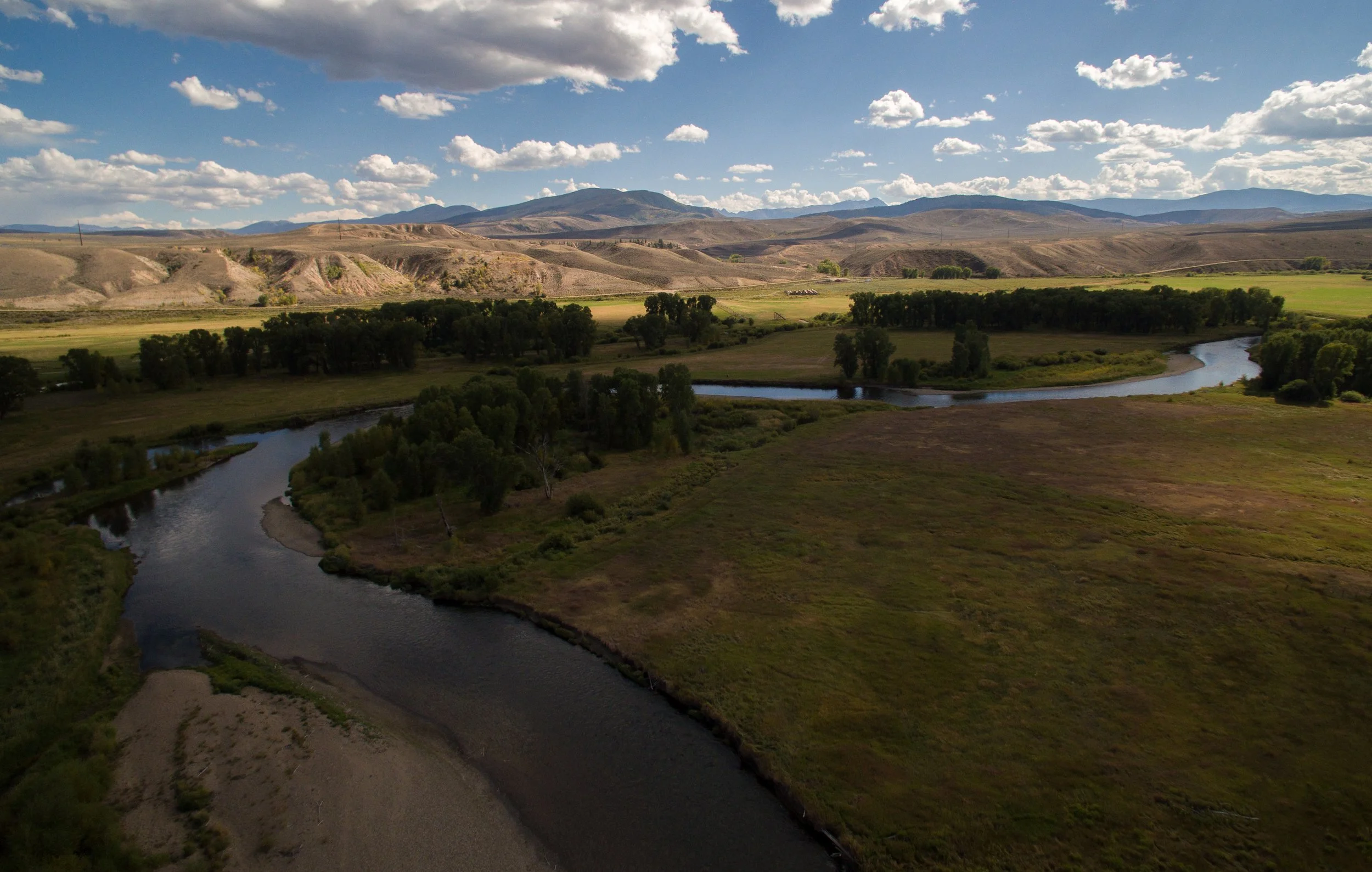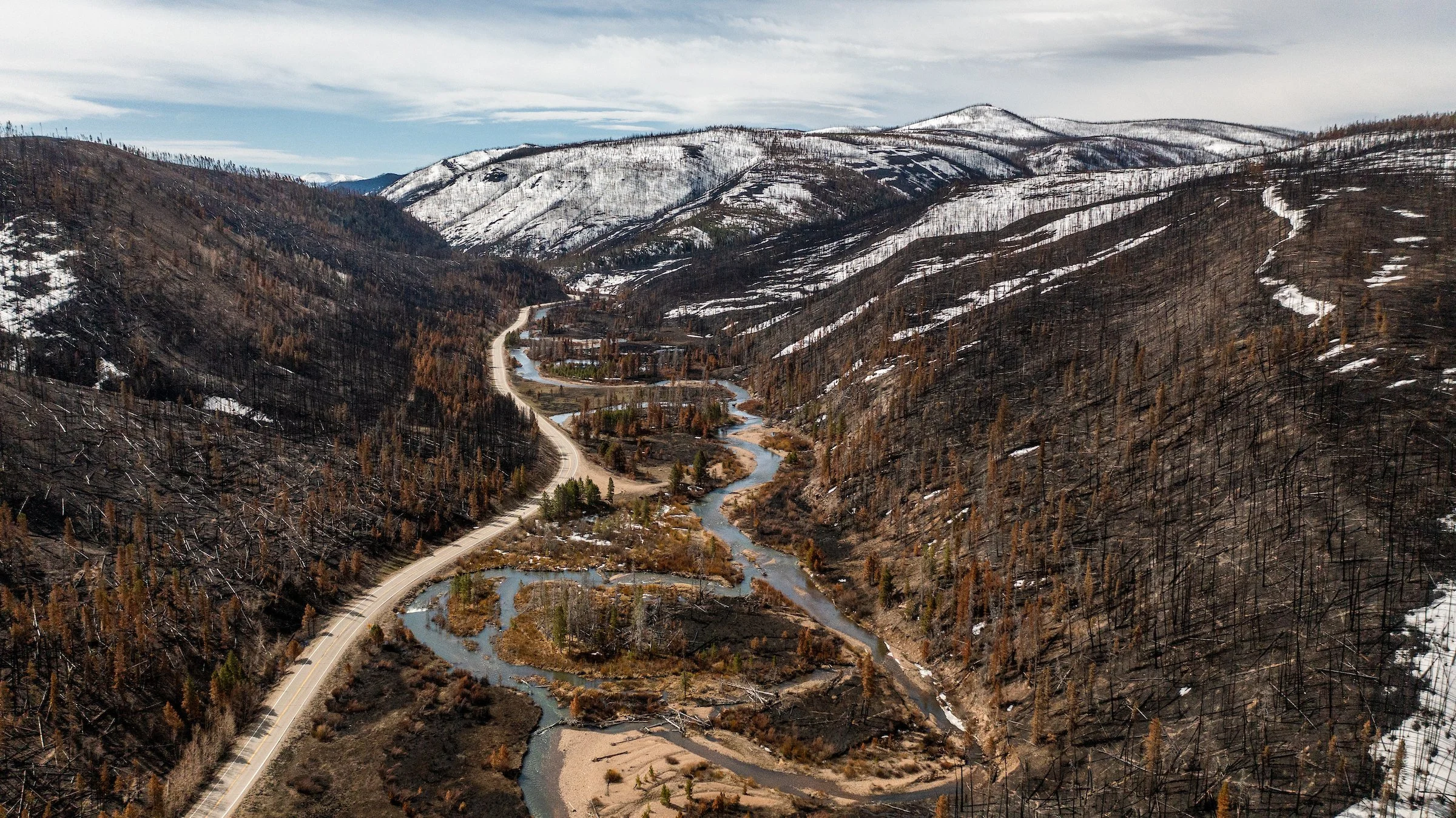Save the Fraser
Join CTU
Colorado TU has 10,000+ members in 24 chapters across the state. They are the lifeblood of the organization, the reason we can say that Colorado TU is the state's largest grassroots conservation organization. Join Today
A Sustainable Solution for Meeting Colorado’s Water Needs Through 2050
DENVER – Western Resource Advocates (WRA), Trout Unlimited (TU) and the Colorado Environmental Coalition (CEC) today released a plan that outlines how Colorado Front Range communities can meet projected human water demands through 2050 while keeping rivers healthy. In the new report, “Filling the Gap: Commonsense Solutions for Meeting Front Range Water Needs,” the conservation groups detail an approach that relies on low-impact water supply projects, conservation, water reuse, and agricultural-urban water cooperation to meet Colorado’s growing water demands. Colorado is currently working through the Interbasin Compact Committee (IBCC) process to determine how the state’s river basins can meet their future water needs. The IBCC is considering a number of new storage projects, transbasin diversions, and moving of water over long distances. The “Filling the Gap” report offers an alternative plan showing how Front Range communities in the South Platte River Basin, home to some of Colorado’s largest municipalities including Denver, Boulder, and Fort Collins, can meet future needs without new major diversions of water from other river basins. The plan outlined in the “Filling the Gap” report is designed to be less expensive than traditional water supply approaches.
PDF copies of the report can be found at: http://www.tu.org/sites/www.tu.org/files/documents/FillingTheGap.pdf
High Country trying to deal with Front Range water needs
Janice KurbjunSummit County Correspondent Post Independent
Front Range residents and industry are expected to need 1.06 million acre-feet of water annually by 2050 — an increase of 365,000 acre-feet over today's needs — and several conservation organizations think there are better ways to get it than by building transbasin diversions.
Conservation organizations Western Resource Advocates, Trout Unlimited and the Colorado Environmental Coalition released a report Tuesday that claims “Colorado can chart a new innovative path forward that protects our rivers, streams and local communities.”
New report offers alternative vision for state’s water needs
“Many of Colorado’s rivers and streams are depleted to the point that they no longer support robust fisheries or recreational opportunities,” said Drew Peternell, director of TU’s Colorado Water Project. “Additional diversions from these streams could be devastating. ‘Filling the Gap’ charts a responsible path for meeting our water needs while protecting our state’s high quality of life.” http://summitcountyvoice.com/2011/03/02/new-report-offers-alternative-vision-for-states-water-needs/
Even the New York Times is noticing the fracking issue in Colorado!
Regulation Lax as Gas Wells’ Tainted Water Hits Rivers . This is continuing to be a big issue in Colorado. As our energy demands rise we will have to find new sources of fuel.
Proposed Conservation Funding Cuts Could Devastate Fly Fishing Resources
I don't care what your political persuasion is...if you're a fly fisher, this should concern you, because any threat to habitat is a threat to opportunity. - Kirk Deeter, Field and Stream http://www.fieldandstream.com/blogs/flytalk/2011/02/proposed-conservation-funding-cuts-could-devastate-fly-fishing-resources
Victory for Sportsmen! $260 Raid on Fish & Wildlife HALTED!
February 17th, 2011In response to overwhelming pressure from the sportsmen community, Representative Becker announced today his plans to withdraw HB 1150, a bill that would have raided $50 million from hunting and fishing license fees and resulted in a net loss of over $260 million for fish and wildlife conservation and management in Colorado. We would like to congratulate the Department of Natural Resources and Rep. Becker for seeking a bipartisan, collaborative solution that respects the needs of Colorado's agricultural communities and the fish and wildlife that make our state great. CTU and other members of the sportsmen's community extend our deepest thanks and appreciation to Rep. Becker for responding to the voices and concerns of sportsmen. Please call Representative Becker to thank him at 1-800-811-7647 (outside Denver) or 303-866-2906 (within the Denver-metro area). To read more about HB 1150, click here. Interested in learning more about CTU's legislative advocacy program and how you can make a difference on sportsmen's issues? Click here.
Shareholders Demand Fracking Risk Disclosure
From EnvironmentalLeader.com Investors have filed shareholder resolutions urging nine major oil and gas companies to disclose risks of their U.S. natural gas fracturing, or fracking, operations.
Five investment groups filed resolutions with ExxonMobil, Chevron, Ultra Petroleum, El Paso, Cabot Oil & Gas, Southwestern Energy, Energen, Anadarko and Carrizo Oil & Gas.
The proposals ask companies to disclose their policies for reducing environmental and financial risks from the use of chemicals, water impacts and other environmental issues associated with fracking.
The resolutions also request that companies start recycling and reusing waste waters, reduce the volume and toxicity of chemicals, and ensure the integrity of well cementing by using pressure testing and other methods.
The New York State comptroller’s office is one of the shareholders filing a resolution with Cabot Oil & Gas.
“Oil and gas firms are being too vague about how they will manage the environmental challenges resulting from fracking,” said comptroller Thomas DiNapoli. “The risks associated with unconventional shale gas extraction have the potential to negatively impact shareholder value.”
Other investors filing the resolutions include Domini Social Investments, Trillium Asset Management, Miller/Howard Investments, corporate accountability campaigners As You Sow and the Sisters of St. Francis of Philadelphia.
The resolutions are being coordinated by the Investor Environmental Health Network and Green Century Capital Management.
Hydraulic fracturing uses water, particles and chemicals injected underground at high pressure to break up shale and release natural gas. The resolution sponsors say oil and gas companies are increasingly turning to the method as conventional natural gas supplies have dwindled.
Poor well construction can lead to drinking water contamination, well blowouts and gas leaks, the sponsors said.
ExxonMobil said on its website: “We support the disclosure of ingredients used, including disclosure on a site-specific basis, and we are working with industry associations on a comprehensive policy.”
It said its hydraulic fracturing fluid is typically 98 to 99.5 percent water and sand, “with the balance consisting of additional ingredients that make the process more effective by reducing friction and preventing pipe corrosion and bacteria growth.”
ExxonMobil added: “State, federal, and independent analyses have found that the hydraulic fracturing process poses no risk to groundwater supplies.”
Last autumn, just days after the U.S. Environmental Protection Agency (EPA) issued a subpoena to Halliburton to force the company to share information about its hydraulic fracturing process, Halliburton announced the launch of a new microsite that discloses the materials content of its hydraulic fracturing fluids.
In November Wyoming implemented new rules requiring natural gas drillers to disclose chemicals used in fracking, but citizen groups said the rules fall short of full transparency.










